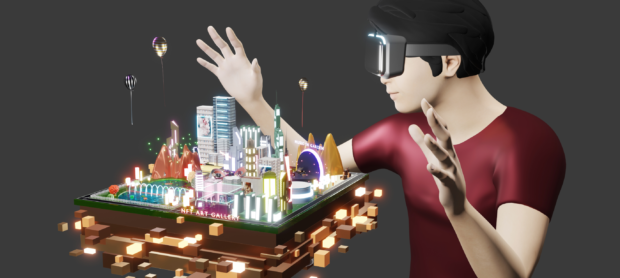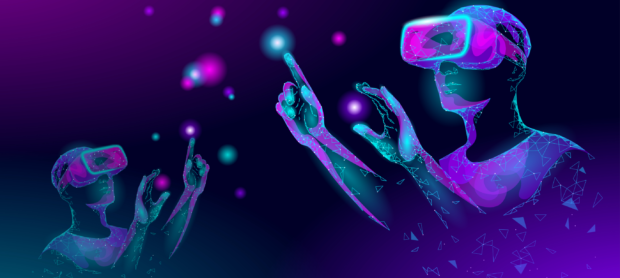Against the ChatGPT hype, the topic of “people who neural networks will replace” pops up in people’s minds more and more often. Let’s summarize the general thoughts on this subject in our article.
#1. ChatGPT Will Replace Those Who Don’t Learn To Use ChatGPT
The singularity is still a long way off, but developers and other IT people now think GPT is the most significant technological breakthrough of the 2020s and will still have consequences.
As with any technological leap, people will fall into two types:
The first type of people will need help understanding the concept and purpose of neural networks and will give up on them. Their labor will become cheaper, but in some areas, it will not matter (for example, subway drivers or car mechanics will not be affected). And if before people were required to use a PC confidently, now they must be confident users of neural networks;
The second type of people will learn to use ChatGPT as an assistant for various purposes (content creation, code review, etc.).
Here is a basic example: you need to create a name for your startup. Before, people would sit down with a sheet of keywords or google “naming generators for startups.” Now they have to explain the ChatGPT query in great detail.
For example, you can explain to the algorithm that you do not want a “corporate” style name and that you like sci-fi and hacker themes. After that, ChatGPT generates a list of the most appropriate words for your taste.
Next, you can specify your options, expand the theme to similar ones, add words like “Campus, Base, Hub,” and generate another list. Do it until the winning name appears.
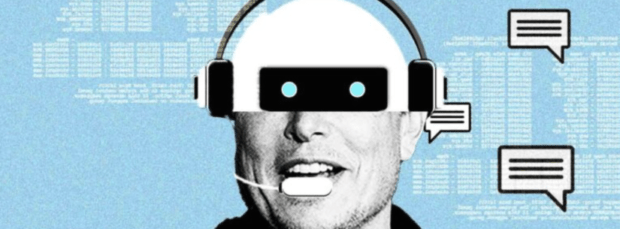
Who Will Be Replaced First?
People will spend more time doing important high-level stuff with a neural companion than composing another e-mail or handling a million HTTP exceptions from another asynchronous lib to a simple GET request. If you haven’t used neural network help at least once in the last month to solve a problem, you will likely be left on the edge of life.
Of course, neural network results always need a “human” review. It is even strange that someone uses this as an argument against it. (Like, I tried your neural network, which gave me everything wrong.) These people are the first to be replaced because neural networks should be perceived pragmatically.
🔍 Check out our portfolio to learn more about how AI makes the lives of millions easier.
#2. When You Play a Lot With Neural Networks, You Start to Notice the Content That They Generate
Over time, ChatGPT users begin to notice amusing things. Their neural network also learns and starts to trigger at specific points, throwing them mental warnings about how people do not create that kind of content.
It is primarily noticeable on realistic image generators like DALL-E 2. After a week, users can tell the difference between the generated and authentic images. The reason is quite simple: the generated images begin to repeat in some details and become even more tedious.
The same thing happens with ChatGPT. Channels and individual user-created boards of generated content appear on social networks. Sometimes the creators honestly indicate that these are experimental accounts, but sometimes they intentionally do not say so.
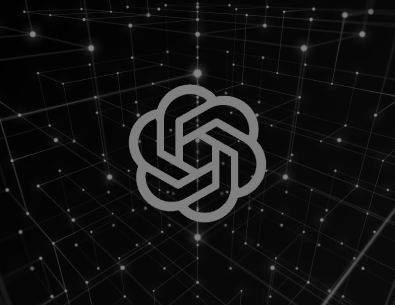
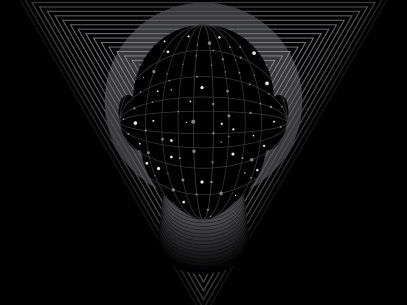
Major websites have already begun to fight this: on Medium, users are obliged to mark AI-generated articles. At the same time, on Stackoverflow, they banned them because of the high degree of errors and inaccuracies. Although they are more structured and polite than ordinary people, it becomes the primary benchmark for the generated content.
Over time, even the most progressive neural network ceases to be perceived as something magical and becomes the same tool as a calendar or notepad. We may see a solution that can 100% accurately transmit the communication styles of different people.
Unfortunately, ChatGPT has drastically reduced the number of features due to high demand and server load, which has hurt the range of tasks to perform. That is why the community is waiting for the paid version of the product.
#3. Search Engines Will Die, but Not Because of Chatgpt Replacement
Another massive topic is how quickly ChatGPT will replace Google and whether the search engines will die. It’s a trick question. On the one hand, ChatGPT will not replace Google or Bing and will not become the new search engine. However, the classic search platforms will undoubtedly die, but the reason will be completely different.
Search engines will die because content (in its current sense) will die. For some kinds of content, search engines have been dead for a long time. How long ago did you see a travel destination article made by a real person, not a low-cost copywriter or another travel aggregator? ChatGPT will replace them all, and there will only be more machine-generated gibberish, which means the value in generic search engines like Google will drop even more.
That said, no one says that Google will wind down as a search engine. For encyclopedic queries like “how many people live in Japan,” it will live forever. For other topics, such as travel or choosing a vacuum cleaner, it will try to offer its recommendations, as it already does. However, the range of tasks solved by relevance-based text search will shrink dramatically.
The popularity of textual content and the Internet (in its original sense of web pages with hyperlinks) has been falling for years. Finally, people will soon lose trust in them.
What Areas of Life Will Be Also Changed by ChatGPT?
However, whether ChatGPT ruins any other stagnant areas remains a mystery. First and foremost, it could be education. The neural network will kill essays and reports completely. And if teachers ask them in an old-fashioned way, their competence will begin to raise questions. The ability to link thoughts in the text is vital, but learning to express opinions with schemes, infographics, or videos is much more helpful for the future profession.
If ChatGPT can easily replace something, it is outdated and should be discarded into the ash heap of history. It has become quite obvious, but before today, we tried not to notice it.
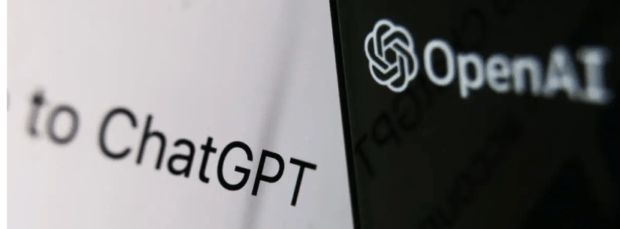
Conclusion
Machine learning and neural networks have a massive range of possible uses. While the future is hard to foresee, ChatGPT and other AI technologies will undoubtedly advance, enabling us to perform activities that would otherwise be too challenging or time-consuming for humans. ChatGPT and other AI-powered technologies will impact our lives more and more shortly, eventually taking the place of people in many occupations. As AI technology advances, the applications and industries in which it can be used are nearly limitless. We can say that the neural network revolution has already begun!
Given these facts, businesses seek a dependable partner to join the AI and Web3 sides of the Internet. And Eventyr will help you build a mobile or web solution to skyrocket your project. Our team uses best-in-class processes and a cutting-edge tech stack to keep customers satisfied and prospering. Feel free to contact us if you are ready to bring your vision to life! Our business and technical experts will contact you shortly!


